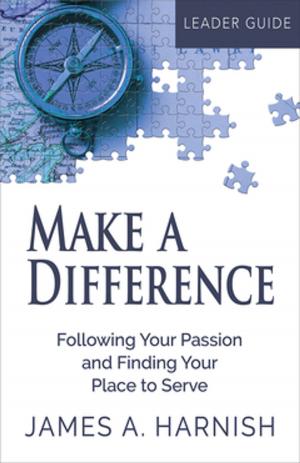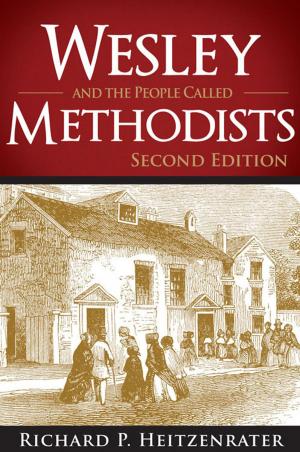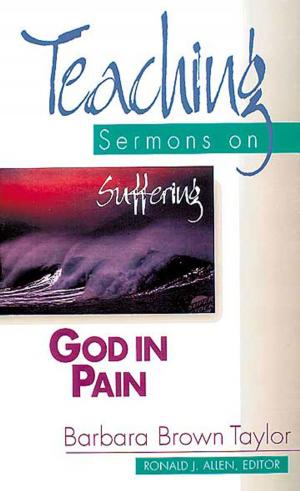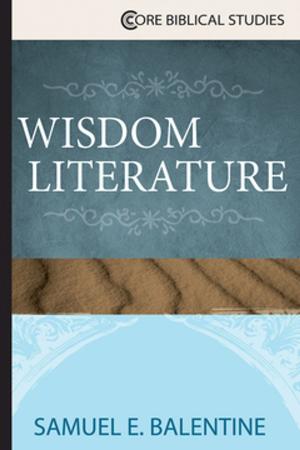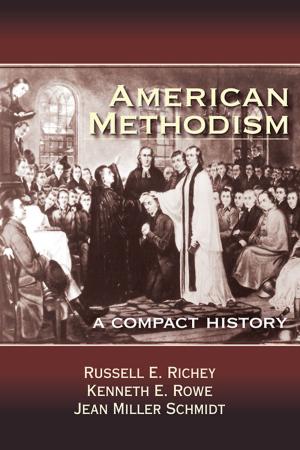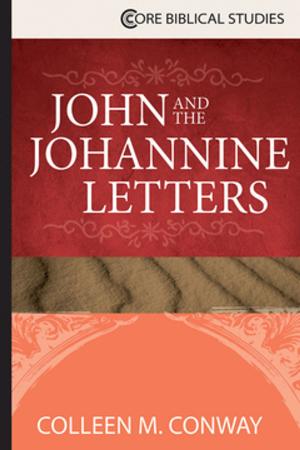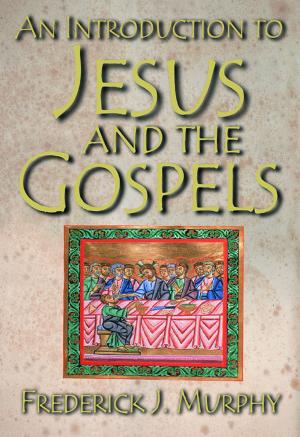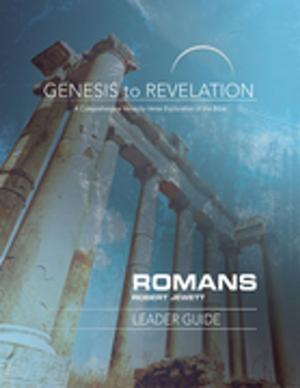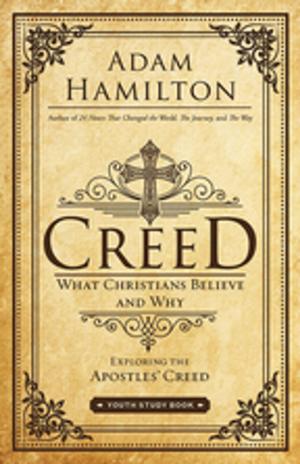| Author: | Eugene TeSelle | ISBN: | 9781426759567 |
| Publisher: | Abingdon Press | Publication: | April 1, 2006 |
| Imprint: | Abingdon Press | Language: | English |
| Author: | Eugene TeSelle |
| ISBN: | 9781426759567 |
| Publisher: | Abingdon Press |
| Publication: | April 1, 2006 |
| Imprint: | Abingdon Press |
| Language: | English |
Abingdon Pillars of Theology is a series for the college and seminary classroom designed to help students grasp the basic and necessary facts, influence, and significance of major theologians. Written by major scholars, these books will outline the context, methodology, organizing principles, method, primary contributions, and major writings of people who have shaped theology as we know it today.
For many, all theology subsequent to Augustine is a footnote. He is influential, even today, because of his doctrinal formulations, but even more important, Augustine is a stimulating thinker and constant inquirer. Starting with his philosophical interest in Platonism, which set the framework for his thinking, Eugene TeSelle examines the major themes of Augustine's thought following a more or less chronological order including human fulfillment, evil, creation, the human self, the church and its doctrines, the course of human history, and the relation of Christianity to political matters. Even those who think he was wrong in his conclusions can respect Augustine's willingness to confront problems and think through their implications.
"This book on Augustine allows the reader to appreciate how easily one moves from the fourth or fifth century into modern times and back. Eugene TeSelle thus invites the reader to appreciate some of the most significant themes of Augustine’s thought--opening a kind of dialogue between Augustine and other thinkers on topics such as evil and grace, politics and piety, and more."
Allan Fitzgerald, O.S.A., Istituto Patristico “Augustinianum,” Rome, Italy
"This is an extraordinary book. Eugene TeSelle is one of the great masters of Augustine's thought, and here he draws upon his great erudition to present the father of Western theology cogently and comprehensively for the layperson. The book is at once short and accessible but also profound and thought-provoking; a sensitive treatment of Augustine in his own context, which also makes him wholly relevant for today. TeSelle raises the big questions and provides ample material to begin to answer them."
Carol Harrison, Lecturer in the History and Theology of the Latin West, University of Durham, Durham, Great Britain
Eugene TeSelle is emeritus Oberlin Alumni/ae Professor of Church History and Theology at Vanderbilt University in Nashville, Tennessee.
Abingdon Pillars of Theology is a series for the college and seminary classroom designed to help students grasp the basic and necessary facts, influence, and significance of major theologians. Written by major scholars, these books will outline the context, methodology, organizing principles, method, primary contributions, and major writings of people who have shaped theology as we know it today.
For many, all theology subsequent to Augustine is a footnote. He is influential, even today, because of his doctrinal formulations, but even more important, Augustine is a stimulating thinker and constant inquirer. Starting with his philosophical interest in Platonism, which set the framework for his thinking, Eugene TeSelle examines the major themes of Augustine's thought following a more or less chronological order including human fulfillment, evil, creation, the human self, the church and its doctrines, the course of human history, and the relation of Christianity to political matters. Even those who think he was wrong in his conclusions can respect Augustine's willingness to confront problems and think through their implications.
"This book on Augustine allows the reader to appreciate how easily one moves from the fourth or fifth century into modern times and back. Eugene TeSelle thus invites the reader to appreciate some of the most significant themes of Augustine’s thought--opening a kind of dialogue between Augustine and other thinkers on topics such as evil and grace, politics and piety, and more."
Allan Fitzgerald, O.S.A., Istituto Patristico “Augustinianum,” Rome, Italy
"This is an extraordinary book. Eugene TeSelle is one of the great masters of Augustine's thought, and here he draws upon his great erudition to present the father of Western theology cogently and comprehensively for the layperson. The book is at once short and accessible but also profound and thought-provoking; a sensitive treatment of Augustine in his own context, which also makes him wholly relevant for today. TeSelle raises the big questions and provides ample material to begin to answer them."
Carol Harrison, Lecturer in the History and Theology of the Latin West, University of Durham, Durham, Great Britain
Eugene TeSelle is emeritus Oberlin Alumni/ae Professor of Church History and Theology at Vanderbilt University in Nashville, Tennessee.

